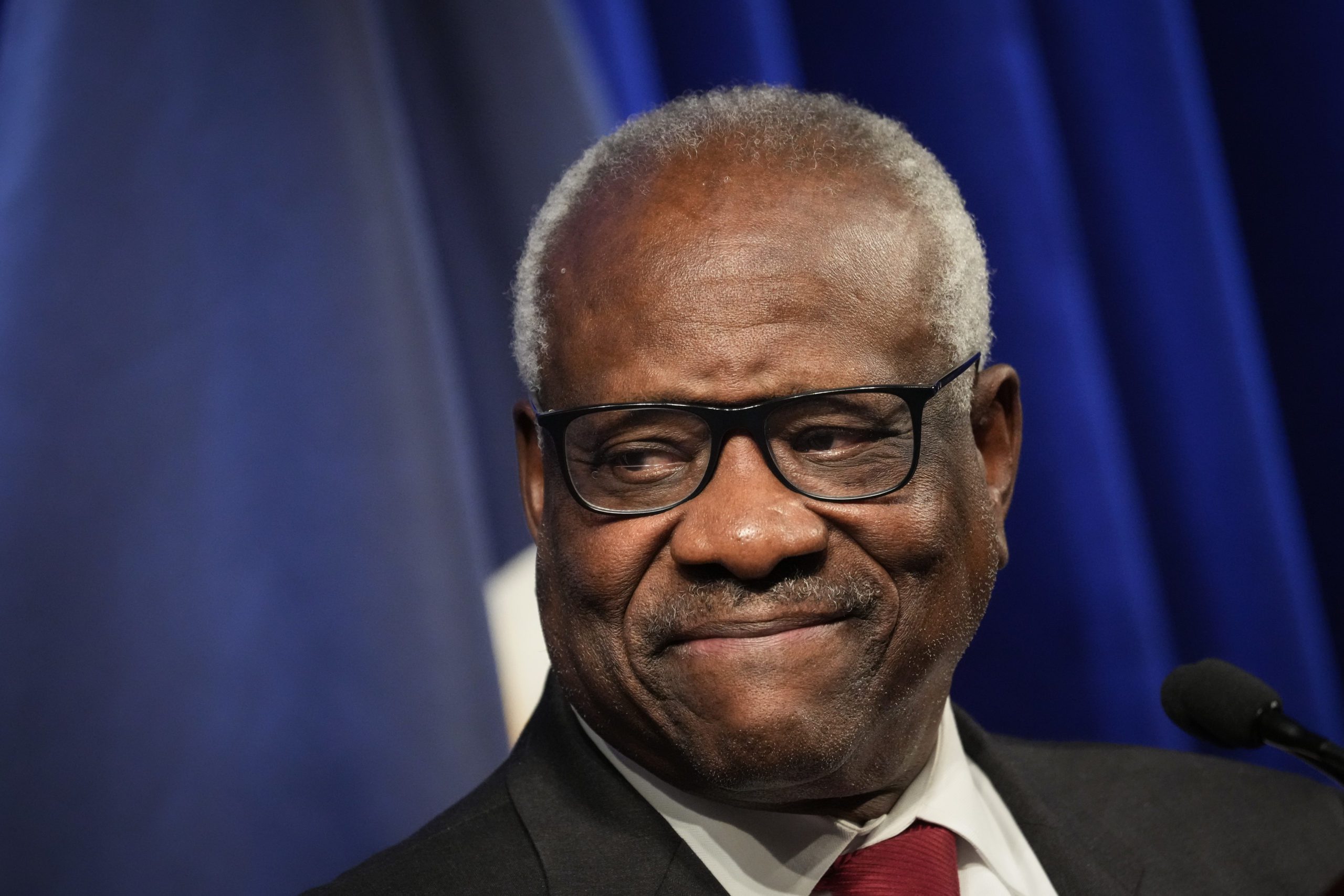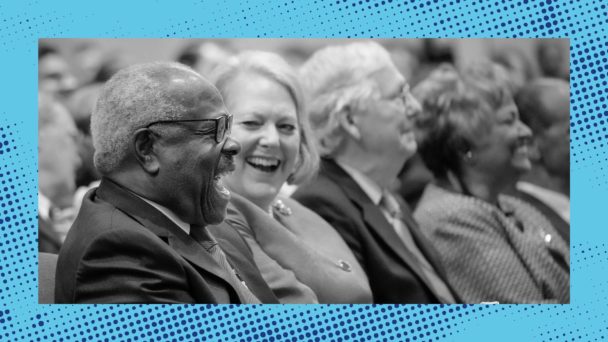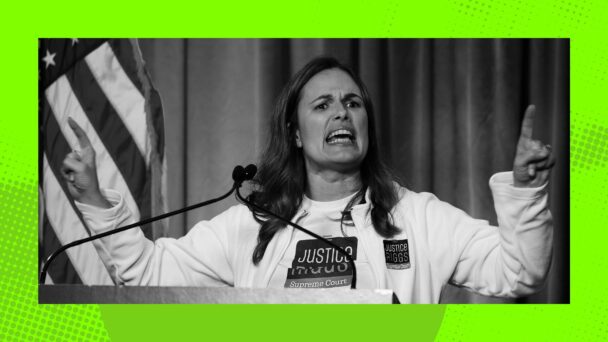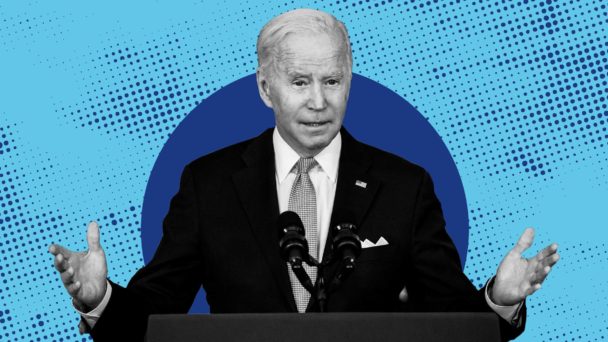The 2024 election was historically expensive: Last month, Open Secrets projected that state and federal election spending for the 2023-2024 cycle will exceed $20 billion. Yet that massive sum still isn’t enough for Vice President-elect J.D. Vance and the Republican Party, who now want to dramatically increase candidates’ access to political party committee cash.
Political party committees are groups affiliated with political parties that register with the Federal Election Commission to raise and spend campaign funds. Federal law sets some limits on how much money party committees can spend in “coordination” with candidates on federal elections—cooperating or consulting with a candidate, or doing what a candidate asks. In this situation, since candidates have a say in how the money is spent, coordinated expenditures can be just as valuable as direct contributions.
Vance and former congressman Steven Chabot, along with the National Republican Senatorial Committee and the National Republican Congressional Committee, filed a lawsuit in 2022 arguing that the existing restrictions violate their First Amendment rights. The Supreme Court rejected this argument decades ago, so Vance and his colleagues lost before the Sixth Circuit Court of Appeals in September. But the Court’s makeup has changed considerably over the years, and its campaign finance jurisprudence has changed with it. And in his majority opinion, Sixth Circuit Chief Judge Jeffrey Sutton, a George W. Bush appointee, made clear that the justices have the chance here to finish what they started. “Even when the Supreme Court embraces a new line of reasoning in a given area and even when that reasoning allegedly undercuts the foundation of a decision, it remains the Supreme Court’s job, not ours, to overrule it,” he wrote.
Now, the conservative legal movement is betting that the Court will again break from precedent to expand the influence of the rich and powerful. On Friday, the Republicans filed a cert petition in National Republican Senatorial Committee v. Federal Election Commission urging the Court to strike down limits on coordinated party expenditures as unconstitutional.

when you see a precedent you can’t wait to overturn (Photo by Drew Angerer/Getty Images)
Currently, limits on “coordinated” spending vary depending on the office for which the candidate is running; Senate nominees, for example, are limited to between $123,600 and $3.8 million, depending on the state’s voting-age population. Back in 2001, when the Court upheld these restrictions, it reasoned that political parties “act as agents for spending on behalf of those who seek to produce obligated officeholders.” In other words, party committees are a useful conduit for the rich to buy influence over elected officials. If there were no restrictions on coordinated spending between parties and candidates, candidate contribution limits would be meaningless: The wealthy could just give their money to parties, which could in turn direct those funds to the donor’s preferred candidate.
Vance’s cert petition calls this scenario “implausible” and a “Rube Goldberg bribery plot.” But that is exactly what prompted Congress to enact the restrictions in the first place: In the 1970s, the dairy industry famously used direct campaign contributions and political party committees alike to launder millions of dollars in exchange for corporate subsidies.
If the Court were to take this case, side with the NRSC, and strike down the limits I described above, it would recreate a political environment ripe for corruption that Congress tried to end. Under current law, an individual can only give a candidate a few thousand dollars per election cycle. But caps on giving to party committees are much higher, which means that if the NRSC has its way, rich people could easily give a few hundred thousand dollars to a candidate, so long as it nominally flows through committees.
The NRSC v. FEC appeal is only the latest ask in a long line of asks in which the Supreme Court made it increasingly easy for the wealthy to run roughshod over American democracy. In 2010, the Court gave corporations a constitutional right to pour unlimited amounts of money into advertisements persuading the public to elect or defeat a candidate. In 2014, the Court held that, despite limitations on the money someone could contribute to any one candidate or committee, rich people have a right to spend limitless funds in aggregate each election cycle. In 2022, the Court explicitly rejected all rationales for campaign finance restrictions other than the prevention of blatant quid pro quo corruption or its appearance, while simultaneously allowing candidates to use campaign contributions to repay personal loans. In all of these cases, the Court facilitated the distortion of the political process by immense wealth. And, apparently, the conservative legal movement is still unsatisfied.
The Court’s conflation of political speech and political spending constitutionally empowers the rich to drown out the voices of regular people, and makes politicians more responsive to the rich than the public. When money is speech and corporations are people, democracy is a joke.





